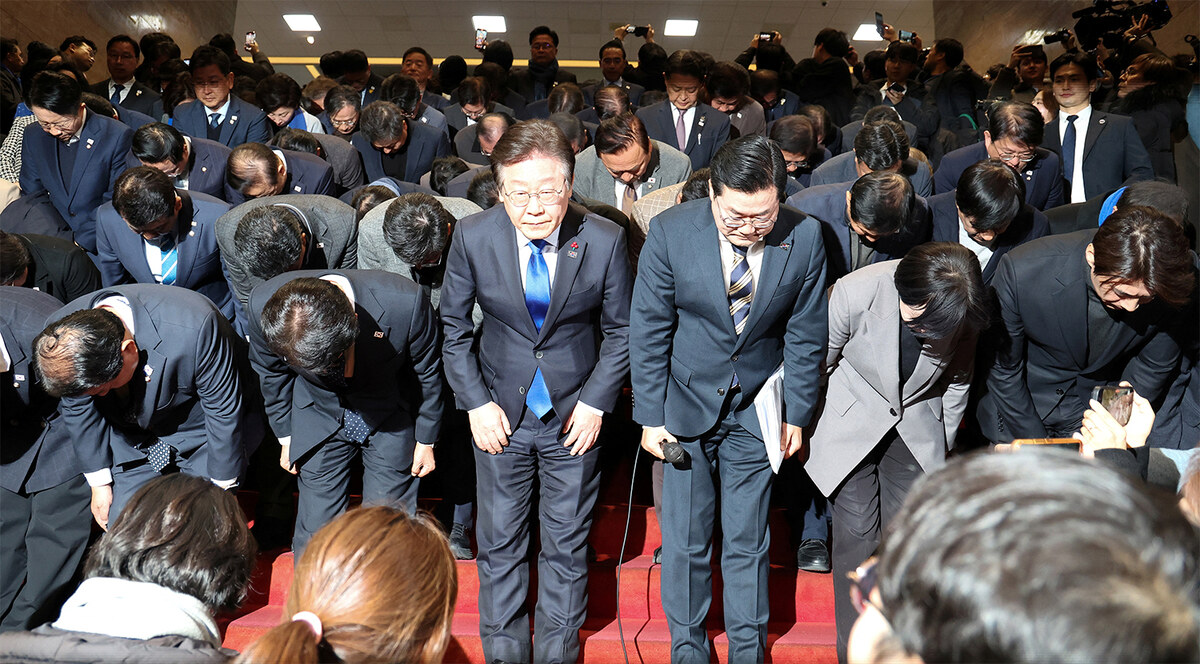NEW DELHI: India marked on Saturday the 100th birth anniversary of Raj Kapoor, remembering the legendary actor and director, whose enduring legacy continues to shape and inspire Indian cinema
Considered one of India’s greatest and most influential actors and filmmakers, Kapoor is fondly known as the “first showman of Bollywood” and the “greatest showman of Indian cinema.”
He was born on Dec. 14, 1924, in Peshawar, now Pakistan, from where his family later moved to Mumbai.
The son of actor Prithviraj Kapoor, he debuted alongside his father at the age of 10 in “Inquilab,” a Hindi film about an earthquake in Bihar. He went on to star in more than 60 films, directing more than a dozen of them.
Nearly four decades after his death in 1988, Kapoor remains one of India’s most-loved icons. His birthday anniversary is celebrated with a retrospective of 10 of his iconic films screened in 40 cities across India this weekend.
Marking Kapoor’s birthday on Saturday morning, India’s Prime Minister Narendra Modi paid tribute to the “visionary filmmaker, actor and the eternal showman” in a series of social media posts, saying he “was not just a filmmaker but a cultural ambassador who took Indian cinema to the global stage.”
One of Kapoor’s most famous films, “Awara” (1951), was the first Indian movie to reach the global stage. Known overseas as “The Vagabond,” it became an overnight sensation in South Asia, and soon found box-office success also in East Asia, Africa, the Middle East and Eastern Europe.
“Even today Awara is a film that is etched in my mind,” fellow film star Amitabh Bachchan wrote on X in celebration of Kapoor’s birthday. “You are amazed by his fantastical imagination.”
The film blends social themes with the genres of crime, romantic comedy and musical melodrama, featuring a character based on “the Little Tramp,” a role Kapoor also explored in other films, earning him another nickname: the “Charlie Chaplin of Indian cinema.”
For many Indians, the characters in his films were ones they could relate to.
“What strikes you is how poor people are portrayed there. They are shown as someone who is trying to survive in a world dominated by rich people and industrialists and businessmen. The main character is an outsider in the world of rich people and still manages to make inroads in their lives through his character and innocence. This appeals to me,” said Ghanshyam Datt Varma, a teacher in Chittorgarh who runs a Raj Kapoor fan page on Facebook.
“I started my life as a commoner, someone at the margin of society, and through my hard work I became a schoolteacher, despite all the hurdles. I feel the character in Raj Kapoor’s films, like ‘Sangam,’ ‘Mera Naam Joker,’ and so ... He was really a showman, a film personality who portrayed people of India and their struggle so beautifully.”
The film’s theme song, “Awara Hoon,” is still celebrated globally and has been rated among the greatest Bollywood songs of all time many times.
“I grew up watching his films and singing the songs of his films,” said Rahul Prakash, a lawyer from Patna.
Kapoor is for him a “legend-like hero who taught not one but many generations the ultimate meaning of love. A visionary director who gave birth to characters that were imaginary but also realistic,” he said.
“The way he portrayed the character of a common man on the silver screen — in such a simple and natural way — is immortal.”
Kapoor’s films were commercial successes not only in South Asia but also in the Middle East, the Caribbean, Africa and in the Soviet bloc.
“Raj Kapoor was not only a Bollywood personality but an international personality. He promoted India’s soft power through his films. His films were very popular in Russia because of the theme he chose and the pomp and gaiety he showed,” Rana Siddiqui Zaman, film critic, told Arab News.
“He is also one of the first directors to give roles to Pakistani artists. In the film ‘Heena,’ the main female character is from Pakistan. There is no other filmmaker in the industry who drove international filmmakers to call the Mumbai film industry ‘Bollywood.’”




























